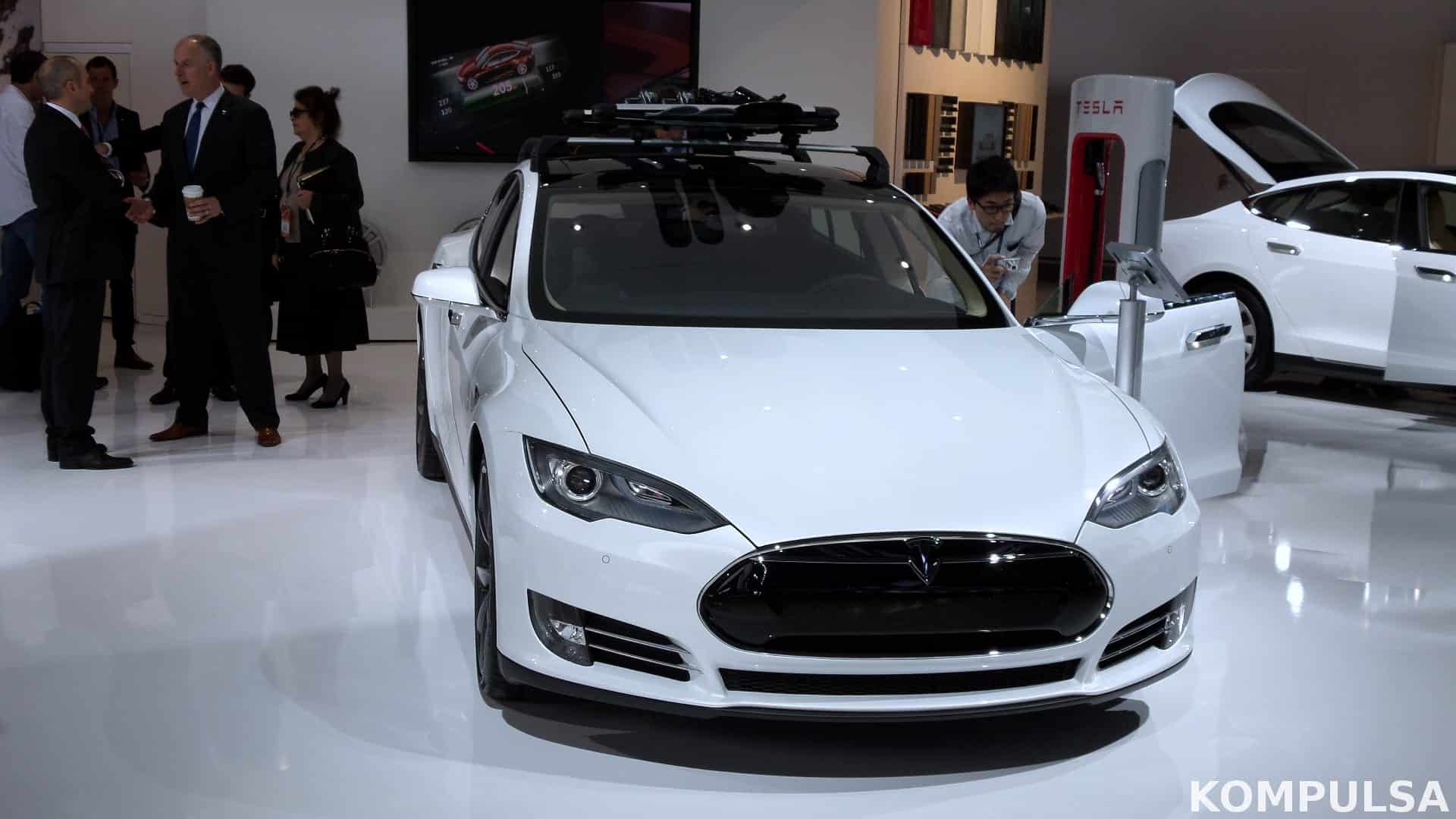Toshiba has developed a new SCiB battery that they claim can enable electric cars to add 320 km (almost 200 miles) of range with just 6 minutes of charging. The titanium niobium oxide batteries are not the first in the Toshiba SCiB/Supercharge product line, as Toshiba introduced a fast-charging SCiB battery many years ago using the lithium titanium oxide chemistry.
This time, it is an electric vehicle battery. Electric vehicle battery requirements differ from most other consumer battery requirements, in that they need to last longer, charge faster, and maintain adequate range during cold weather. You can’t afford to have an electric vehicle battery die on you in 3-5 years! (some EV batteries last 10 years per charge)
Apart from that, what this all boils down to is not getting stranded.
Electric vehicles also (often) use the prismatic form factor, meaning that their cells are flat and rectangular, unlike the cylindrical 18650 cells found in most laptops.
Toshiba is going to have to compete with Panasonic’s high-energy density batteries, which Tesla is using to manufacture the fastest, and the longest-range electric cars on the market.
This could prove difficult, but not impossible, as recharge time is just as important as range per charge. If you run out of range in a Tesla P90DL, it could take at least 20 minutes to add 200 miles of range. If you run out of range in a SCiB-powered car, you can be back on the road in the same amount of time it takes to refill a gas tank (maybe slightly longer).
The issue of range anxiety is primarily due to the fact that people may not be able to recharge without a hassle or without waiting a long time. 6-minute charge time can put an end to that problem, even if the range is only 200 miles (which, by the way, far exceeds the distance driven daily by most people in the United States).
Glossary
Cell: A single battery, as opposed to a battery pack which contains multiple cells and charge circuitry for their protection.
Energy-density (gravimetric): The amount of energy that a kg of batteries can store.
Energy-density (volumetric): The amount of energy that a litre of batteries can store.







